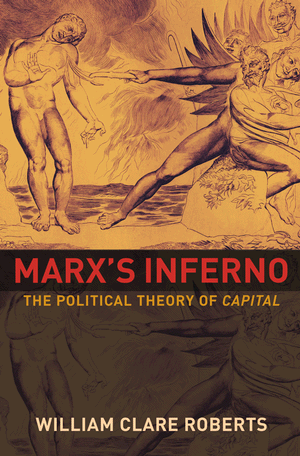But this is funny: Fortune magazine runs an article called "Are Americans Too Lazy?" (the blurb runs:
New research suggests that, contrary to popular perception, we’re actually working less than we used to. If so, what does that mean for our country? Instead of 9 a.m. to 5 p.m., should we all be working 8 to 6?So this is hilarious, for many reasons. But then they have a reader feedback forum, and the reader response is all over the place--from indignant denials to kids-these-days tut-tutting to UN conspiracy theories.
I read quite a few of the responses, and didn't come across anyone saying "Hooray for laziness! It's about time Americans got over their work obsession!" Whether Americans are working less or not (I suspect not--the article's data is pretty tenuous--see more at MaxSpeak), they certainly haven't lost their deep emotional attachment to working like dogs.
Here are some excerpts from the reader comments:
I think whats gone down the hill is also competence and willingness to perform. In my opinion thats a more serious issue to consider.
Americans have become lazy, and obese. The majority want their wealth handed to them and the younger generations, like mine, generation Y, want to live off their parent’s wealth. If our economy wants to stay competitive, we need to wake up and work for what we desire. As my friend said it, who grew up in China and came here to go to college, “A salary of $40,000/yr is a lot of money for me, American students expect $60,000/yr for the same position. Why would corporations pay more for an American student when they can save $20k and get an employee with an equal if not greater than GPA?” Americans need to wake up and realize history repeats itself, all civilizations come to an end, if we don’t want to fall, we need to work to stay ahead.
Screw that. How about the ceos start making a normal wage and shut up for once. They have no right blaming Americas woes on the workers. Its all CORPORATE GREED thats ruined this country.
The U.N. has never produced an unbiased report, and it never will. It was founded on anti-American sentiment. It never loses an opportunity to bash America in any way, shape, or form. The assertion that Americans are relatively lazy is so dishonest that it is beyond the pale. As one who has lived and worked overseas in more than one country, I have seen with my own eyes who has the famed work ethic.
24/7/365 is the new matra of the business world. Blackberry’s busing, cell phones ringing, wireless connections buzzing away… Why? Just because somebody else wants to earn more money for themselves? If the rest of the world wants a 24/7/365 way of life, they are entitled. Personally, I’d rather go hungry than subject myself to such an out of control life perspective. When work life fails to serve the society, we become slaves. That is when it needs to be replaced with a more intelligent economic system.
Yes. More American Men, Women, and Children are slackers. My wife and I are 29yrs of age. The small percentages of people in this nation that “work harder” are the people that will live the American dream: nice home, nice schools, nice cars, and nice retirement fun. Hard work pays off. The new generations of America want all their “bling” for very little work. Wake up America. The hard workers will prosper while the lazy will sit back in envy.(That one is my personal favorite, I have to say.)
As they say on the nets: sadly, no! The wealth of nations has always been held out as if it were an increase in the quality of life, but the first lesson of capitalism is that you never get to enjoy the fruits of your labor. That's why I vote for laziness. Be lazy. Work less. You may not get ahead, but you might actually have a life.I thought the point of developed economy is to increase quality of life, which includes being able to enjoy life more instead of laboring 60 hours a week. And decreasing work hours over the last century has been the fruits of developed economy. The accuracy of facts and the conclusions drawn from this article is also very shady. More people retiring then before is not because we are on average more lazy but because the baby boomers are reaching retirement age. [...] In general, it is a gross misapplication of the market theory if it so happily results in bringing US workers to the level of Chinese or Peru laborers, whether in terms of compensation or hours. Market idealists should realize that the goal of the economy is not market per se but improved quality of life.
